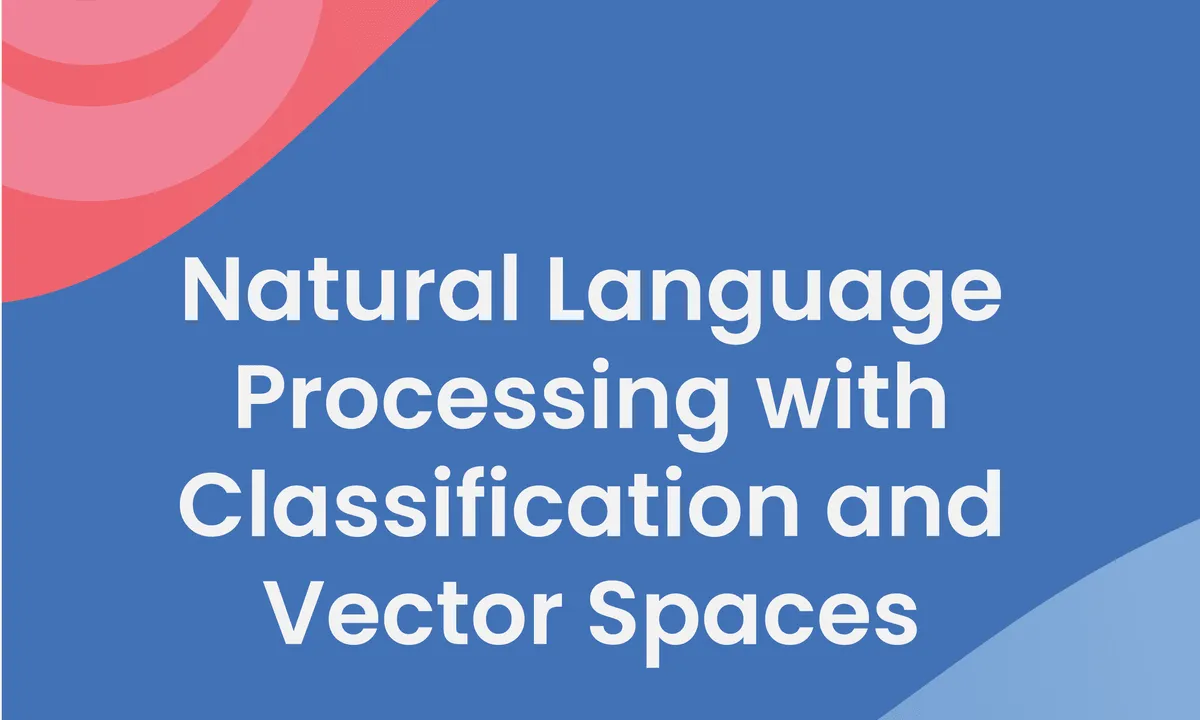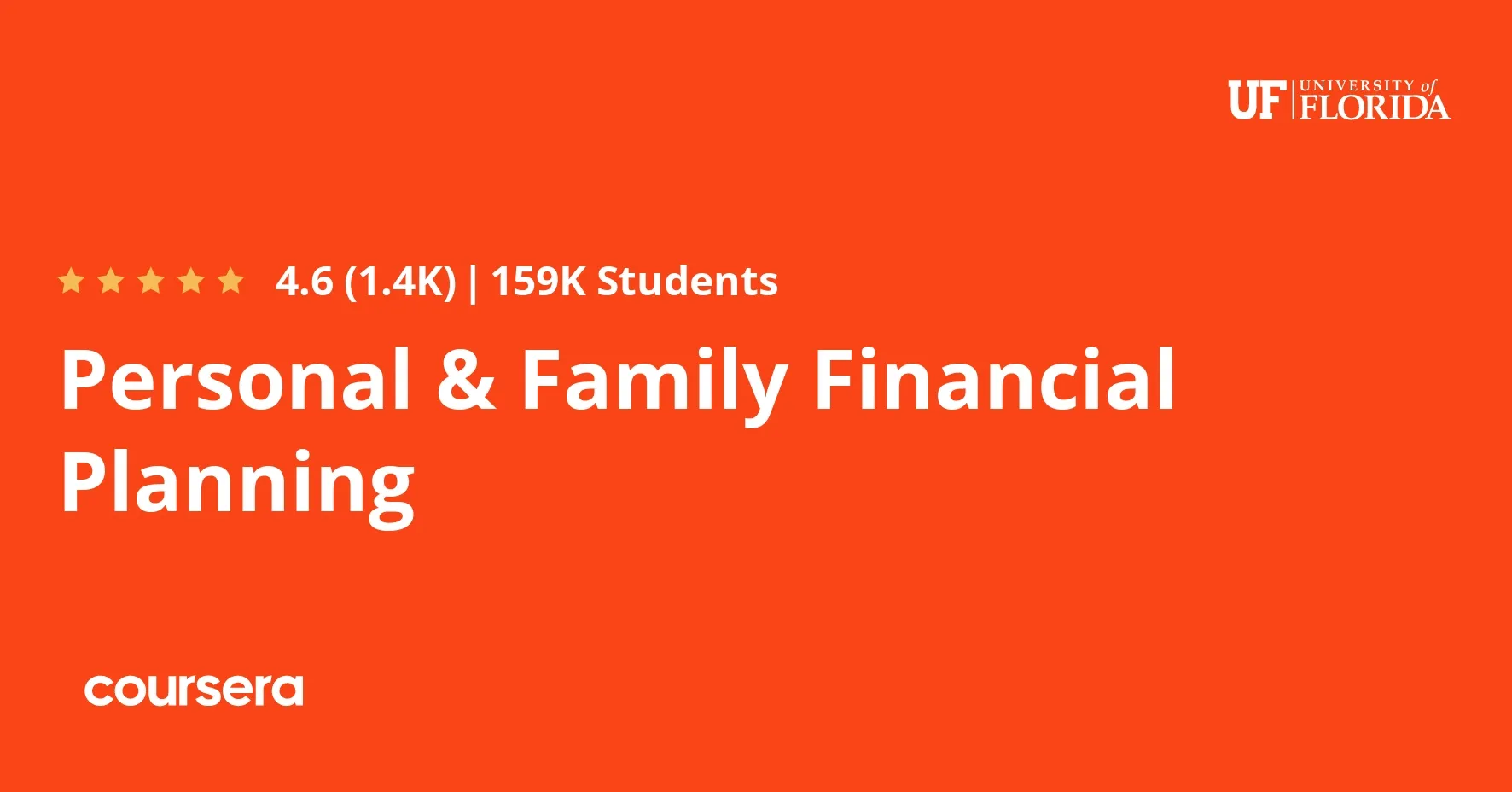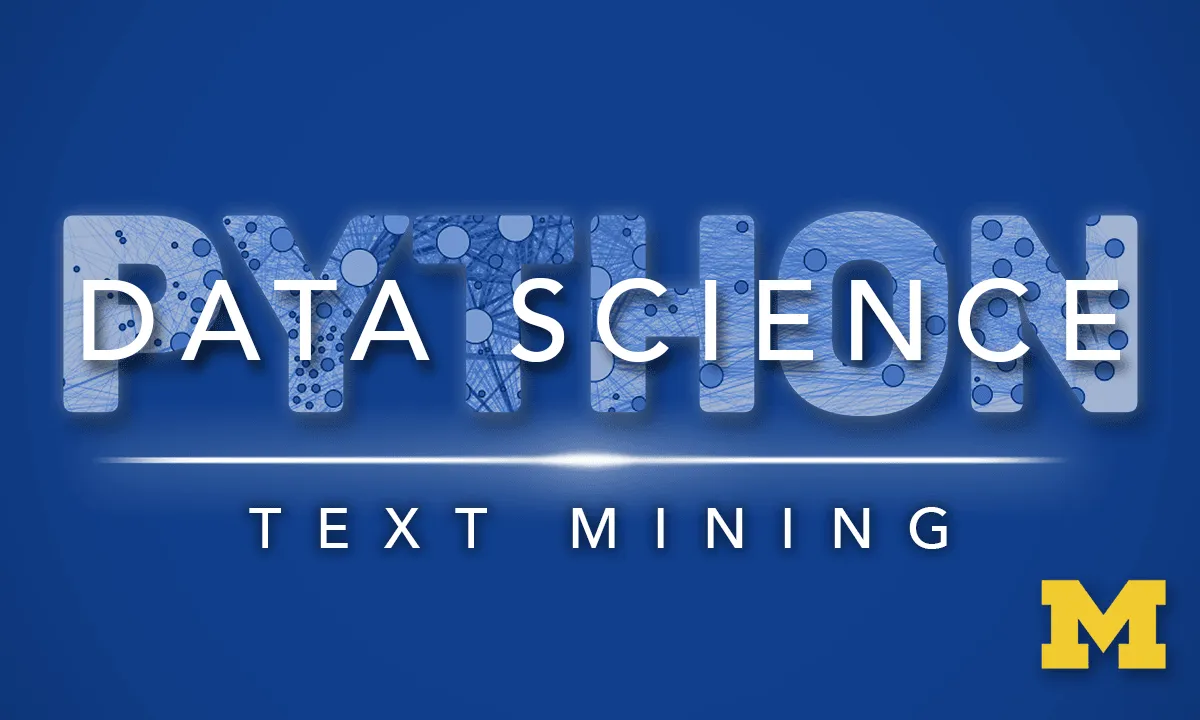
Natural Language Processing with Classification and Vector Spaces 
Learn Natural Language Processing with Classification and Vector Spaces from Stanford and Google experts. In this Specialization, you will perform sentiment analysis, discover relationships between words, write a translation algorithm, and build a chatbot. Master the skills to design NLP applications and take your career to the next level. ▼
ADVERTISEMENT
Course Feature
![]() Cost:
Cost:
Free
![]() Provider:
Provider:
Coursera
![]() Certificate:
Certificate:
Paid Certification
![]() Language:
Language:
English
![]() Start Date:
Start Date:
17th Jul, 2023
Course Overview
❗The content presented here is sourced directly from Coursera platform. For comprehensive course details, including enrollment information, simply click on the 'Go to class' link on our website.
Updated in [June 30th, 2023]
In Course 1 of the Natural Language Processing Specialization, students will learn to perform sentiment analysis of tweets using logistic regression and then naïve Bayes, use vector space models to discover relationships between words and use PCA to reduce the dimensionality of the vector space and visualize those relationships, and write a simple English to French translation algorithm using pre-computed word embeddings and locality-sensitive hashing to relate words via approximate k-nearest neighbor search. By the end of this Specialization, students will have designed NLP applications that perform question-answering and sentiment analysis, created tools to translate languages and summarize text, and even built a chatbot. This Specialization is designed and taught by two experts in NLP, machine learning, and deep learning: Younes Bensouda Mourri, an Instructor of AI at Stanford University, and Łukasz Kaiser, a Staff Research Scientist at Google Brain.
[Applications]
After completing this course, learners can apply the knowledge and skills acquired to develop Natural Language Processing applications such as question-answering systems, sentiment analysis tools, language translation algorithms, and chatbots. Learners can also use vector space models to discover relationships between words and use PCA to reduce the dimensionality of the vector space and visualize those relationships.
[Career Paths]
A career path recommended to learners of this course is Natural Language Processing (NLP) Engineer. NLP Engineers are responsible for developing and deploying natural language processing models and algorithms to solve real-world problems. They must have a strong understanding of machine learning, deep learning, and natural language processing techniques, as well as the ability to develop and deploy models in production. NLP Engineers must also be able to work with large datasets and have experience with programming languages such as Python, Java, and C++.
The development trend of NLP Engineers is towards more complex and sophisticated models and algorithms. As the field of NLP continues to grow, NLP Engineers will need to stay up to date with the latest advancements in the field and be able to develop and deploy models that are more accurate and efficient. Additionally, NLP Engineers will need to be able to work with large datasets and have experience with programming languages such as Python, Java, and C++.
[Education Paths]
The recommended educational path for learners of this course is to pursue a degree in Natural Language Processing (NLP). This degree typically involves courses in computer science, linguistics, and mathematics, as well as specialized courses in NLP. Students will learn about the fundamentals of NLP, including text processing, machine learning, and deep learning. They will also learn about the various algorithms and techniques used in NLP, such as vector space models, sentiment analysis, and translation algorithms. Additionally, students will gain experience in developing NLP applications, such as question-answering systems, chatbots, and text summarization tools.
The development trend of NLP is rapidly evolving, with new technologies and applications being developed every day. As a result, the degree program should be updated regularly to keep up with the latest advancements in the field. Additionally, students should be encouraged to explore new technologies and applications, as well as to develop their own projects. This will help them stay ahead of the curve and be prepared for the future of NLP.
Course Provider

Provider Coursera's Stats at AZClass
Discussion and Reviews
0.0 (Based on 0 reviews)
Explore Similar Online Courses

Thrive At Home During Coronavirus - Online Program - FutureLearn

Personal & Family Financial Planning

Python for Informatics: Exploring Information

Social Network Analysis

Introduction to Systematic Review and Meta-Analysis

The Analytics Edge

DCO042 - Python For Informatics

Causal Diagrams: Draw Your Assumptions Before Your Conclusions

Whole genome sequencing of bacterial genomes - tools and applications

Text Analytics 2: Visualizing Natural Language Processing

Applied Text Mining in Python


Start your review of Natural Language Processing with Classification and Vector Spaces